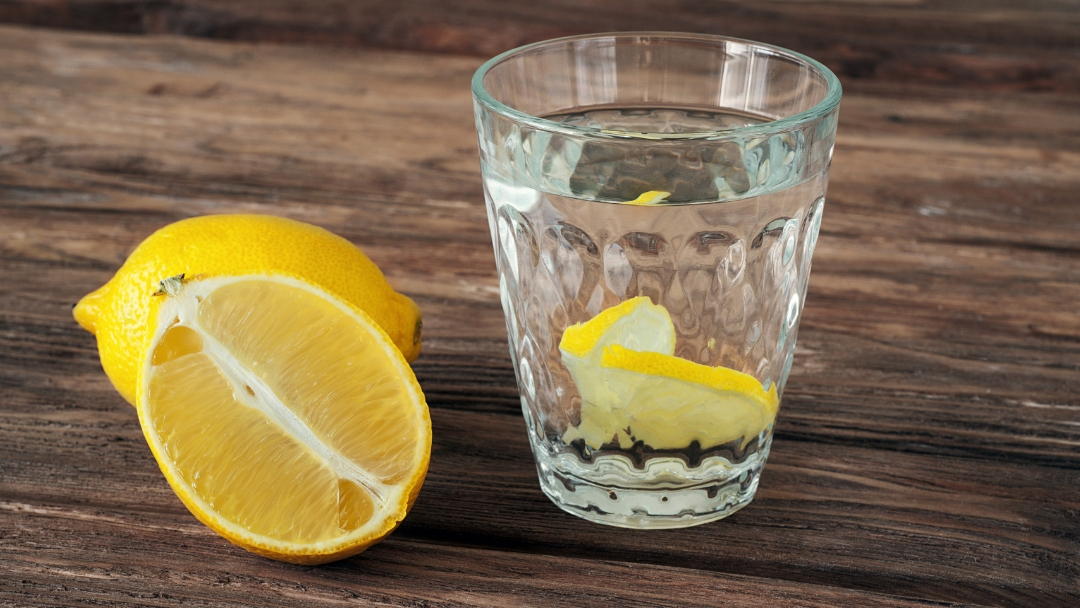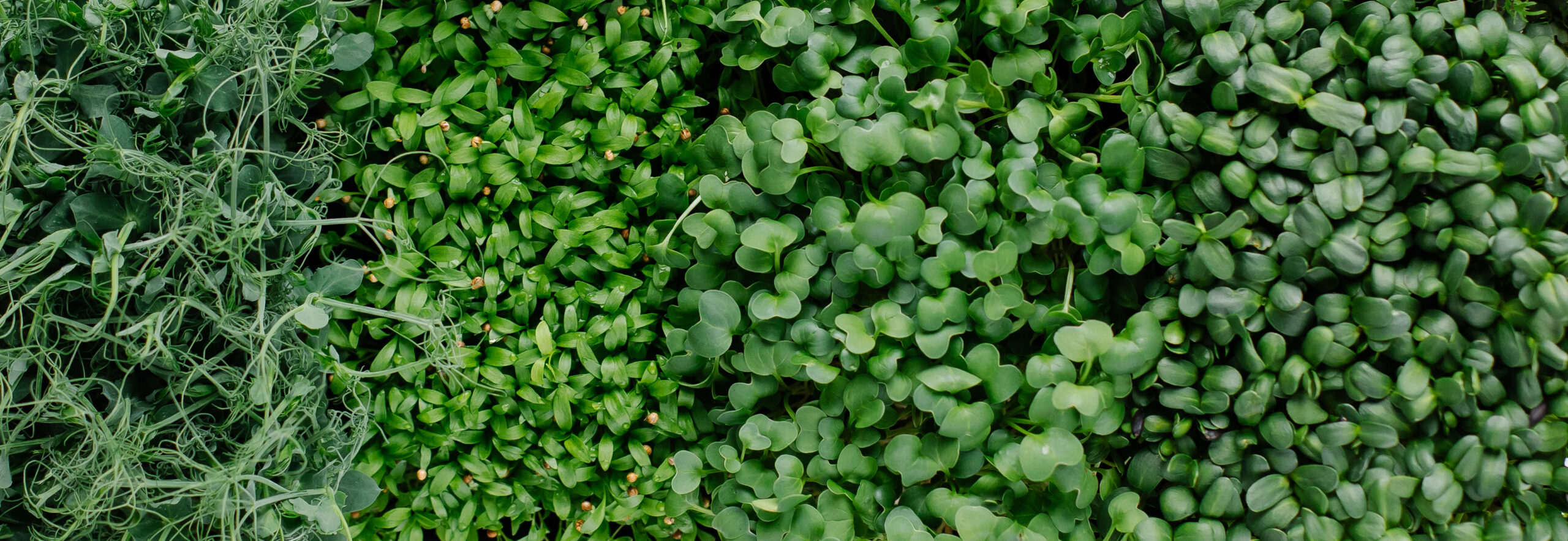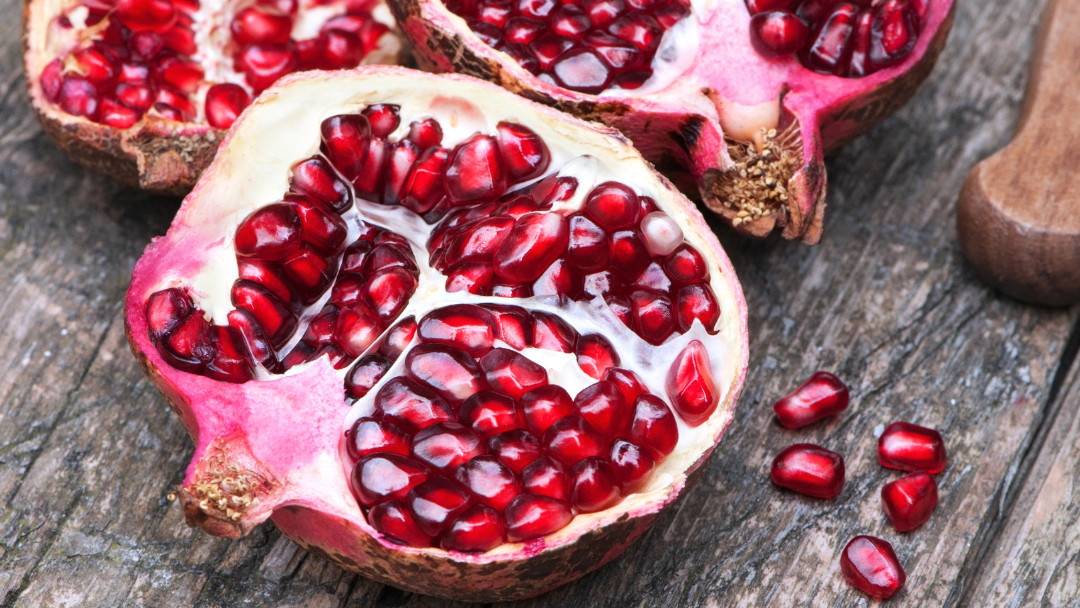Photo: KucherAV/Shutterstock.com
During the process of digestion, nutrients are extracted from the foods you eat and are transformed into energy. Digestion is associated with yellow foods, which represent your fire. Fire also represents power, transformation, and energy, mirroring what is happening with digestion. The digestive system includes your esophagus, stomach, pancreas, small intestines, liver, and gallbladder. The nutrients from foods you eat signal a transformation throughout your body known as metabolism. At the cellular level, this process takes place in the mitochondria inside your cells. Proper digestion allows for the absorption and assimilation of nutrients, so your body can function and carry out the countless chemical reactions it needs to on an ongoing basis. Nutrients from foods you eat provide your body with the energy it needs to run, walk, eat, breathe, and read these words. When the process of digestion is impaired, nutrient imbalance and deficiency can result, leaving your body without the fuel it needs to function properly. Over time, there can be downstream effects of ill health.
Proper digestion requires gastric juices and digestive enzymes, and some fruits may help support these important components of digestion. Another cornerstone of healthy digestion involves keeping everything moving along, and this can be accomplished by including sources of soluble and insoluble fiber in your diet. Adequate intake of dietary fiber can provide health benefits such as lowered cholesterol levels and improved blood sugar control, in addition to normalization of bowel movements (resolve constipation and diarrhea), which aids in detoxification.
Soluble fiber is found in foods like nuts, seeds, beans, lentils, and some fruits and vegetables. It absorbs water and turns into a gel during digestion, slowing the digestive process down. This type of fiber is associated with lowering cholesterol levels. Insoluble fiber can be found in foods such as wheat bran, vegetables, and whole grains. It adds bulk to your stools and helps food pass more quickly through the digestive tract.
Did you know?
- Dietary fiber refers to a variety of plant-based substances that are resistant to digestion by your gastrointestinal enzymes.
- Research has found lower levels of daily fiber intake in patients with constipation-predominant irritable bowel syndrome.
- Dietary fiber can help lower your risk for developing heart disease, diabetes, constipation, and colon cancer. It is important for the health of your digestive tract, and it can lower total and LDL cholesterol levels.
- Your total daily fiber intake should be at least 25 – 30 grams per day from food sources, not supplements, and it is recommended that women consume 25 grams per day and men 38 grams per day.
Yellow fruits that help your fire burn brightly and support your digestive system include:
Bananas
- Bananas contain soluble fiber.
- Bananas contain pectins and fructooligosaccharides(FOS). Pectins have been studied for their effects on blood sugar levels, and FOS is a prebiotic that provides food for the healthy bacteria in your lower intestine.
- To speed up the ripening process, place your bananas in a paper bag or wrap them in newspaper; adding an apple will further accelerate the process.
Pineapple
- Pineapple contains bromelain, a proteolytic substance that breaks down proteins, and it therefore can aid in digestion.
- Pineapples are very perishable. Look for pineapples that are heavy for their size, free of soft spots, bruises, and darkened areas, and they should have a fragrant, sweet smell at the stem. You can keep your pineapple at room temperature for up to 2 days before eating it; however, after that time, you’ll want to make sure to wrap it tightly and refrigerate it, where it can keep for 3 to 5 days. A cut pineapple should be refrigerated in an airtight container to keep it fresh.
Yellow vegetables that support your fire and digestion include:
Garbanzo beans
- Garbanzo beans, also known as chickpeas, are pulses rich in resistant starch. Consumption of resistant starches produces short-chain fatty acids that reduce the risk of diabetes, atherosclerosis, and obesity.
- Those who consume chickpeas or hummus may have higher intakes of dietary fiber, polyunsaturated fatty acids, vitamins A, C, and E, folate, potassium, magnesium, and iron compared to those who do not consume them.
- Eating chickpeas may improve overall bowel health by increasing stool frequency and softening stool consistency.
- Research has shown beneficial effects on overall health, including total and LDL cholesterol levels, with the consumption of garbanzo beans.
- Dried garbanzos should have no evidence of moisture or insect damage when you purchase them, and they should be whole, not cracked. If you are purchasing chickpea flour, make sure it is made from cooked beans because in their raw form, they can be hard to digest and can cause stomach problems like flatulence.
Yellow summer squash
- Summer squash is a good source of dietary fiber.
- Summer squash is categorized in a large family of plants known as Cucurbitaceae, which is part of the gourd family, along with winter squashes and melons. Squash should be heavy for their size, shiny, and blemish free, and the rinds should not be very hard, which indicates they may be overripe. Larger squash may be more fibrous, and smaller ones may be lower in flavor, so select summer squash that is an average size.
Examples of other yellow vegetables that support your fire and digestion include corn, ginger, lentils, yellow split peas, yellow bell peppers, Yukon gold potatoes, and yellow string beans. Whole grains can also support digestion and your yellow fire. Amaranth, brown rice, corn meal, millet, polenta, quinoa, whole grain breads, and whole grain cereals are options that are fiber and nutrient rich and can help support proper digestion and your fire.
If you plan to incorporate more colorful, plant-based, whole foods into your daily eating or have food allergies or questions about which foods can best support your health goals, talk to your doctor, nutritionist, dietician, or another member of your healthcare team for personal options based on your circumstances.





